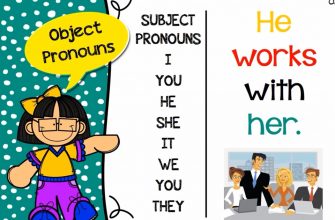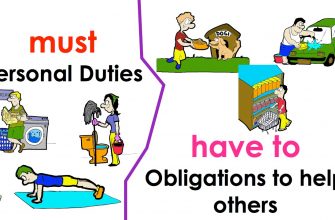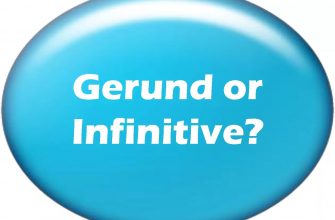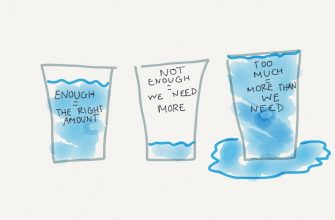The same form for all persons
The form of should is the same for all persons:
- I/you/he/she/it/we/you/they should see a specialist.
+ infinitive
Should is a modal verb, and all modal verbs are followed by an infinitive (without to).
- You should listen to me. (NOT
You should to listen.)
should not= shouldn’t
The negative form of should is should not or shouldn’t.
- You should not be here./You shouldn’t be here.
Questions
To make questions, we use should + subject + infinitive. We don’t use the verb do to make questions.
- Should we call him?
should, shouldn’t – use
Giving advice
We use should or shouldn’t to give somebody advice and to say what is or isn’t the right thing to do.
- You look tired. You should have some rest.
- He shouldn’t drive so fast. He’ll have an accident one day.
I think you should …
We often say I think … should … to give somebody advice.
- I think you should buy a new pair of shoes for the party.
- I think we should go home; it’s very late.
Note that in a negative sentence, we often say I don’t think … should … (NOT I think … shouldn’t …)
- I don’t think you should call her now; she’s very upset. (NOT
I think you shouldn’t call her)
We often say Do you think … should … to ask for advice.
- Do you think I should look for another apartment?
ought to, ought not to
We can also use ought to instead of should, and ought not to instead of shouldn’t.
- You ought to have some rest.
- He ought not to drive so fast.








